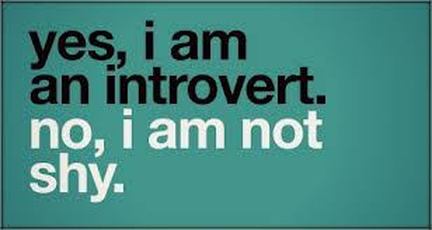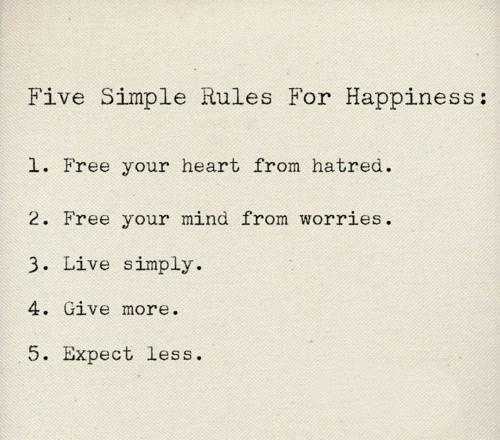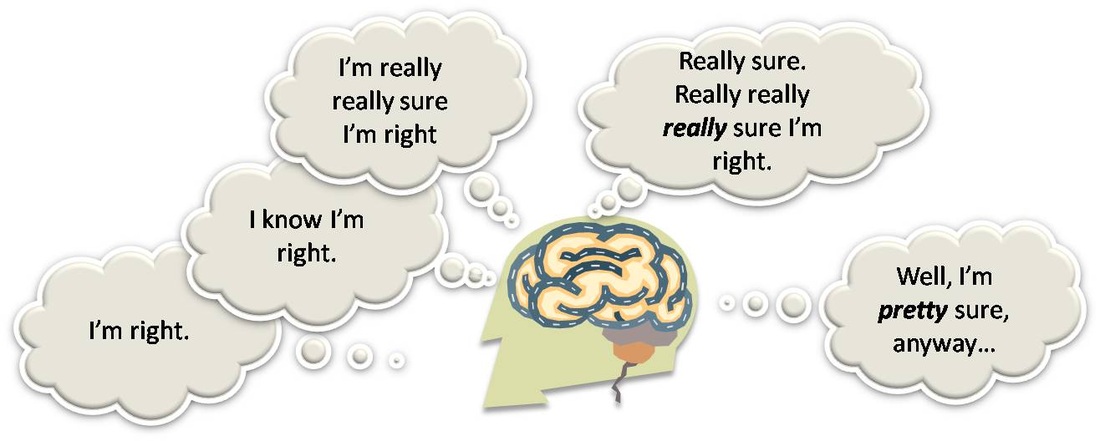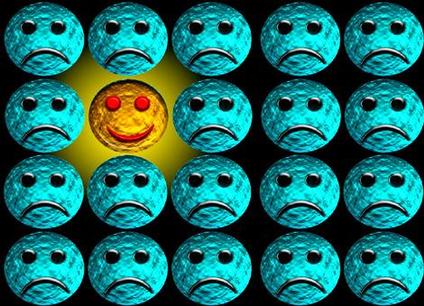
|
|
|
Australia operates a subsidised system of psychotherapy based largely around the claim that the therapy offered is "evidence-based." This system limits the number of sessions available, and limits who has access to practice psychotherapy under the system. There is considerable and growing evidence, however, that what is offered is insufficient to the needs of the majority of those who seek treatment.
0 Comments
Relationship and Family therapist Andrea Wachter wrote an elegant piece in a recent publication outlining 7 things she wished she knew when she was "battling depression." She notes, as is often reported, that it can take a long time to grasp and integrate the tools to ameliorate or banish depressive symptoms. I find them relevant and useful, and have paraphrased her article, adding my own points from the point of view of my own counselling experience.
Introverts are commonly and falsely considered to be shy or passive people, attempting to navigate the world with an imposing character flaw. Research has however repeatedly found that introverts are simply people who operate within a broad band of behaviours that are simply the way they operate, and in no way represent a flaw or negative way of being.
Anecdotal evidence has indicated for some time an apparent connection between mental health and healthy gut flora.
A recent study by neurobiologists at Oxford University has provided exciting evidence that such a link does indeed exist - and it has implications for treating anxiety and stress-related conditions naturally.  I am struck, while noting coverage of various ANZAC day ceremonies, how much is made of physical suffering, and how little of the mental scars that accompany war. It's also not just enlisted personnel who suffer. Civilian support staff, local civilians, and those close to sufferers are also directly affected. Oversimplified? Perhaps - but these simple "rules" really are based in extensive philosophical thought, and scientific studies of considerable rigour. Five simple methods to happiness:
What would these methods look like in your life? How has their practice helped you?  A recent study finds that one of the key components to living a happier life is a habit most people don't often practice. 5,000 people were surveyed by the charity Action for Happiness, in collaboration with Do Something Different. They found an amazing thing – the item that most impacts on our ability to be happy, was the very thing people indicated they practiced least! What is that key habit?  When confronted with something new, something personal, it's very difficult to know what to do. If a person in your world, be they a family member, a colleague or a friend unexpectedly began to behave very anxiously, what would you do? Of course, at these moments of confronting something new and unexpected, we tend to fall back on our social conditioning. Or do we? There are two polls below. Answer the first with your immediate (socialised) reaction. Answer the second after some thought. Is there a difference? Are you aware of any discrepancy between what your automatic response is, and the way you would prefer to respond? Comments are most welcome below the two polls. The brain is an interesting part of us, as we don't actually need to consider what it is doing in order for it to do whatever it is it's doing. The brain operates without our being aware of it – we just let it get on with its job and, ahem, never give it a second thought. But is our brain always providing us with the best information? More importantly, is our brain negatively impacting on our relationships?
While the human brain is more powerful that any currently existing computer, it is also subject to Cognitive Bias, those generalisations the brain has evolved for use in speeding up our decisions in dangerous situations, and to enhance our sociability. While many of them are useful (and no doubt helped to keep us alive as a species), they can also significantly Contemporary society seems to be in the grip of a self-confidence crisis. I so commonly hear people report that they "have no self-confidence" or "have low self-esteem."
The response of many people to societal demands to be "confident," is to rush around doing constructive, visible things that can give us a sense that we have done what a "confident" person would, or that we've been noticed by others and praised, or that we can compare ourselves to others and feel somehow better than they are. This temporary ego inflation may make us feel good for a while, but it doesn't last. We end up in a cycle of ups and downs that is not only exhausting, but emotionally damaging as well. Ultimately it makes us fundamentally unhappy. One result of this damaging cycle are the innumerable clients who believe that they are "not good enough." As an undergraduate psychology student in the late 1980's, the positive psychology I was exposed to was in the subject of history, where we were duly informed such notions would remain. Unscientific and airy-fairy notions such as "happiness" were not welcome in the hallowed halls of science. Why would this be? The Humanist movement, which aimed to recognise our core human tendencies, was not scientific by definition - it's notions were untestable and therefore results were unpredictable. To a scientific mind that made it less valid than things that are testable and predictable. Life, it would seem, was to be excluded from psychology.
This has thankfully begun to change. Phone Free February (or Fone Free Feb as it is actually know) is an organisation that has commenced this year to encourage us to put down our phones and engage with each other. Their idea is to encourage us "to foster and strengthen our relationships with those around us," to give us "a chance to be truly present, whether that is in your own company and the environment around you, or the company of your friends and family." What are the details around why they recommend giving up your phone, and what is the psychological impact of a constant attachment to our smart phones?
Contemporary women enjoy for the first time in history, the ability to have it all. But is that opportunity offering the rich rewards that were promised? It seems to me that while some aspects of society offer women an opportunity, other, more insidious aspects, continue to dictate to women how they should engage in holding themselves back.
There are some common pitfalls that women I see could find themselves in. Indeed, they are not even pitfalls as that implies you were not in the hole to begin with, whereas many clients have never known life outside the constraints of these walls. Paula Davis-Laak writes on these eloquently in her blog on Happiness as she maps out 8 of these areas. In summary:
|
Author
Chris is a Counsellor and Psychotherapist at Engage Counselling, Sydney Archives
April 2023
Categories
All
|
Contact: [email protected]
Engage Counselling: Personal and professional Counselling, Coaching and Psychotherapy for men in Sydney's Inner West, Newtown, Enmore, Stanmore, Marrickville, Camperdown, Chippendale, St Peters, Erskineville, Pyrmont, Darling Harbour, Balmain, Sydney, City, Broadway, Ultimo, CBD and surrounding suburbs.












 RSS Feed
RSS Feed